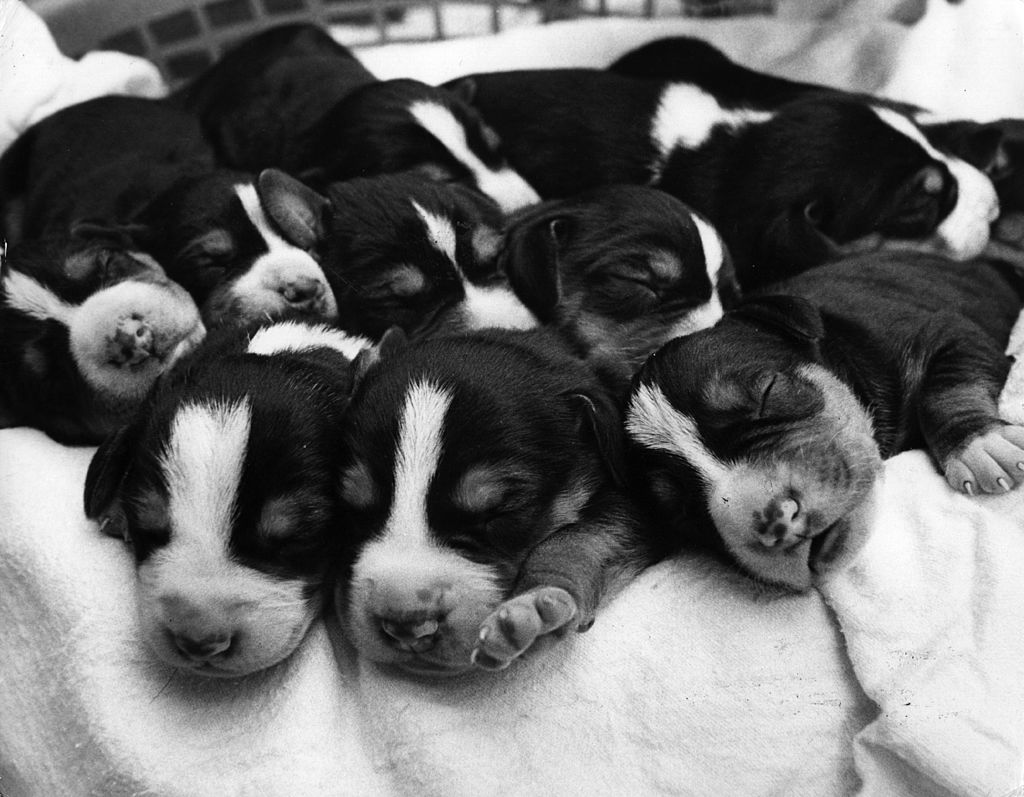On a recent visit to Nashville, I took my purebred Norwich Terrier, Pitkin, for a stroll. A twentysomething girl toting a yoga mat and an iced coffee squatted on the sidewalk to oblige Pitkin’s pleas for pets.
“Oh my gosh, he’s soooo cute!” the girl said between babbles of baby talk. “Where did you get him?”
“From a breeder in Oklahoma.”
“Oh,” the girl scoffed. “I would never buy a dog.”
She took her protein-deprived, sustainably clothed self away. Pitkin and I were left to face facts: we had just been dog-shamed.
Buy a dog. Her glare made me feel as if I’d come by my beloved furry friend through the Middle Passage. Pitkin looked up to me and cocked his head. He seemed satisfied, but I was not. Was not even my dog immune from the self-righteous?
Sure enough, a quick search led me to a blogger urging readers to “get woke” and “stop buying purebred dogs,” and not “overlook both the privilege and the problematic view that certain breeds are superior [to] another… many breed perceptions are folklore perpetuated by breeders to keep the puppy mill industry churning.”
Dog breeds are “perpetuated perceptions” and “folklore,” huh? The hunting guide, with his German Shorthaired Pointer — whose livelihood relies on the breed’s 150 years’ worth of honed hunting, pointing and retrieving instincts — would beg to differ. As would the sheep farmer, who’d be lost without the intelligence and agility of his Shetland Sheepdog, whose temperament has been ingrained in the breed for centuries.
Likewise, the afflicted, who depends on the gentle and highly trainable nature of the Labrador Retriever as an ideal therapy dog. And the soldier, who trusts in the strength and resolve of the Belgian Malinois to assist in life-and-death missions on the battlefield.
The American Kennel Club has been “upholding the integrity of its Registry, promoting the sport of purebred dogs and breeding for type and function” since 1884. AKC research reveals that 56 percent of dog owners have a purebred pet, though younger generations are more likely to own mixed breeds, as the “Adopt Don’t Shop” campaign begun in 1984 has since been transformed into a hashtag, and most of these shelter rescue dogs — some 95 percent, according to a National Animal Interest Alliance study — are of two or more breeds combined.
Shelters have witnessed a surge in people seeking “rescue” dogs lately, with some starting waitlists for such animals. You wonder, then, if there’s really an urgent need for “rescue,” or if acquiring a dog in this way has simply become a status symbol, akin to waiting two hours for a table at the chicest restaurant in the city, just to be seen dining there.
My brother and his wife considered adopting a dog in Washington, DC, until they learned that to be found worthy of saving a dog’s life, they’d have to fill out an eight-page questionnaire, submit three references, endure a home inspection and pay a $425 adoption fee. Assuming they were chosen out of the 589 or so applicants competing to give Marley, a “derpy, excitable Pitbull mix who’s a bit timid at first” his “forever home,” they’d have been forced to cancel their social calendar for the next year while they learned to cope with Marley’s fear of streetsweepers and brooms.
They heard horror stories from another couple whose adopted dog was so unapproachable for the first three months they had her they couldn’t get close enough to remove her leash. Instead of adopting, my brother and his wife bought an AKC-registered Lab from a Virginia breeder.
Of course, there are a multitude of mutts who make great pets. It’s wonderful that some people have a living situation that can accommodate a dog who’s rough around the edges. But what used to be considered simply an act of kindness has become virtue-signaling, underpinned by a conviction that rescue dogs are superior to purebred dogs. That view is the perfect example of the ersatz morality plaguing our society.
Diluting dog breeds will cause us to lose the amazing variety of canines we enjoy. If dog breeding becomes increasingly indiscriminate, the most aggressive dogs will procreate disproportionately; more passive breeds, such as the Golden Retriever, will drop off. Gentle giants like the St. Bernard will lose their size and distinctive look. In short, we’ll have far fewer breeds — and without trait-specific breeding, the athleticism, intelligence and looks of the entire canine species will degrade and might even disappear.
Shouldn’t those accusing responsible breeders, who raise breed standards and preserve the diversity and skillsets of America’s dogs, of perpetrating “privilege” instead be sounding the alarm on people who breed dogs inhumanely — or whose behavior leaves dogs in need of rescue?
If anything, aren’t those of us who purchased our pups from a breeder the more noble owners? I committed to Pitkin sight unseen, while would-be “rescuers” scour shelter websites, dismissing dogs based solely on their photos and descriptors. Is picking a breed really worse than swiping left on countless rescues?
The woman who dog-shamed me in Nashville epitomizes modern dog culture: she wanted to know where I got my dog, so she could get one like him. People are naturally discerning. They like to have things, people, and pets in their lives that are, as the AKC promotes, of a particular “type and function.” But she only wanted a dog like Pitkin if it could be rescued from a shelter. Unlike dogs, people are narcissists.
This article was originally published in The Spectator’s June 2022 World edition.

























